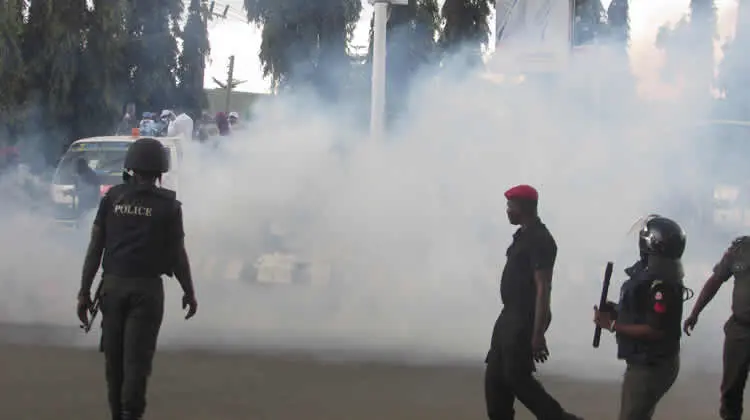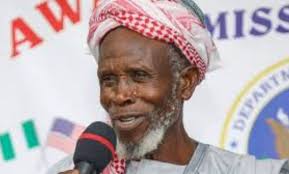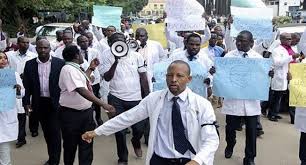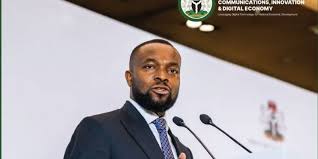
Security forces on Monday deployed tear gas to disperse protesters in Abuja who marched to demand the release of Nnamdi Kanu, leader of the proscribed Indigenous People of Biafra (IPOB), defying a court injunction banning protests near key government locations.
Led by activist Omoyele Sowore, the demonstrators gathered near the Transcorp Hilton and other Federal Capital Territory hotspots, chanting slogans such as “Free Nnamdi Kanu now,” “It’s our constitutional right to protest,” and “Don’t tear gas us.” Despite police warnings, the crowd persisted until tear gas and security personnel forced their dispersal.
Some protesters vowed resilience, shouting “Tear gas cannot stop us” as they fled. Police had secured major routes to Aso Rock, heavily guarding strategic areas including Eagle Square, Unity Fountain, and the Three Arms Zone. Access roads to the Federal Secretariat and other government offices were barricaded, with officers denying entry to both pedestrians and motorists.
In a separate incident in Utako, soldiers and police fired tear gas to break up a crowd gathered near the Nigeria Union of Journalists secretariat, though the group was reportedly not part of the main protest.
Speaking during an interview, Sowore described the police response as an “unprovoked attack.” He said the organizers had notified security agencies in advance of the peaceful protest but were met with overwhelming force.
“There was no provocation on our part,” Sowore said. “Just as we began the protest, about 10 police trucks arrived, accompanied by army and civil defence officers. Despite assurances that this was a peaceful demonstration, they started shooting tear gas and live bullets around us. Fortunately, no protesters were hit by live rounds, but several people were arrested, including Nnamdi Kanu’s younger brother and his lawyer, who were reportedly beaten and taken to the FCT Command.”
Sowore criticized Kanu’s extended detention, calling on the Federal Government to present its evidence transparently in court. He described the legal process as “a deliberate attempt to obstruct justice.”
The protest directly violated an interim injunction issued by Justice Mohammed Umar of the Federal High Court, which barred demonstrations around sensitive government areas such as Aso Rock Villa, the National Assembly, Force Headquarters, and Eagle Square. Police had warned that violators would be arrested, with digital evidence used to track social media incitement.
Sowore dismissed the legitimacy of the court order and highlighted that no similar restrictions were placed on opponents of Kanu’s release. He also announced that 115 lawyers are prepared to challenge the injunction once formally served.
Nnamdi Kanu, who leads the banned IPOB group, was first arrested in 2015 on treason charges but was granted bail before fleeing the country during trial. He was re-arrested in Kenya in 2021 and extradited back to Nigeria under controversial circumstances. Recently, the Federal High Court dismissed his no-case submission, meaning he will face terrorism charges.
Kanu’s legal team has raised concerns about his deteriorating health in detention and requested his transfer to the National Hospital in Abuja. Meanwhile, governors in Nigeria’s Southeast region continue to push for his release to help ease regional tensions.
Monday’s protest also coincided with the fifth anniversary of the #EndSARS movement, which sought police reform and justice for victims of police brutality. Many Nigerians continue to commemorate the date in memory of those who lost their lives during the Lekki Toll Gate incident in 2020.



